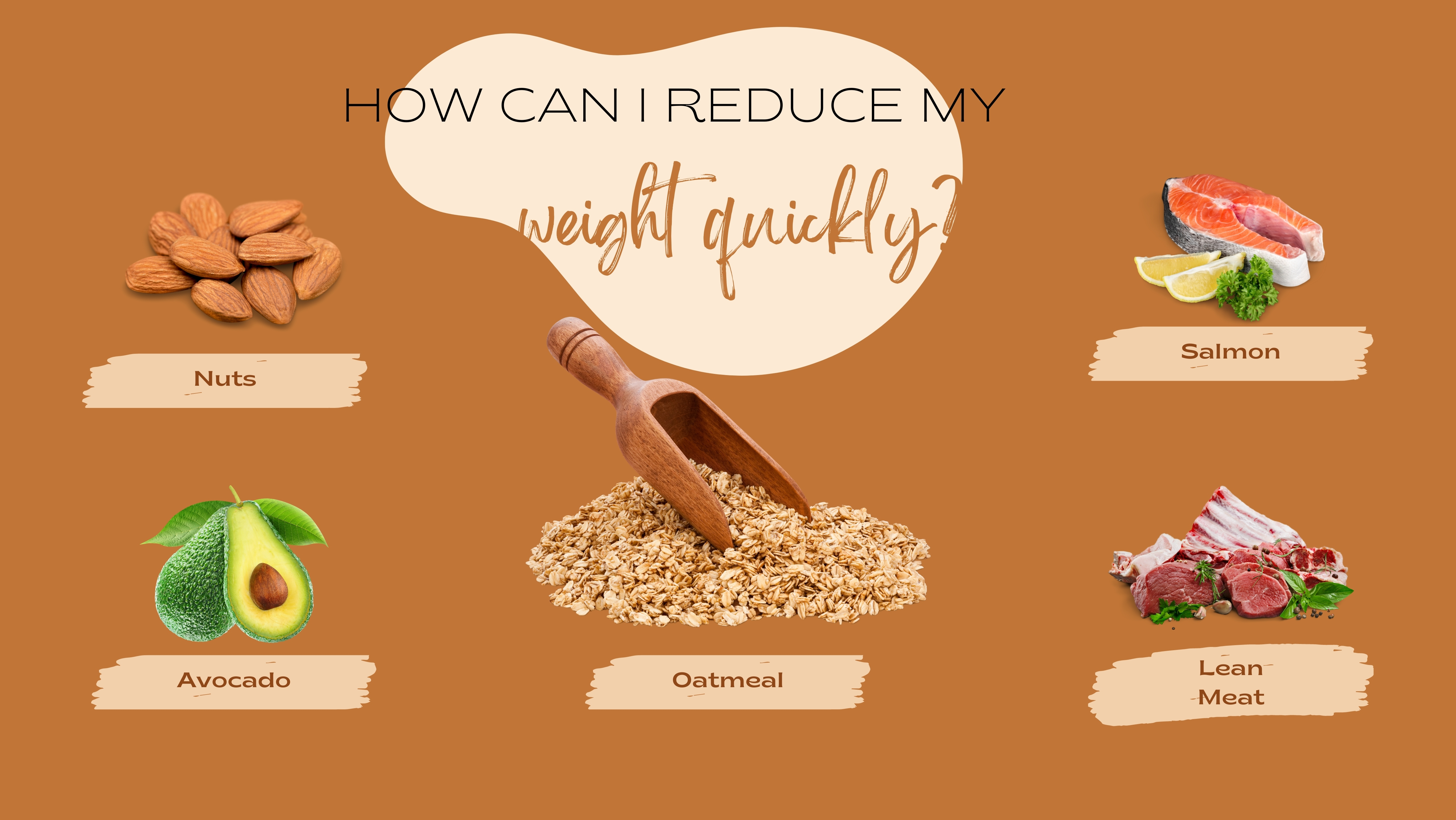How can I reduce my weight?
People gain weight through consuming greater energy levels than what they use. Therefore, eating less energy or calories could help. But other factors also are also involved like genetics including hormones, metabolism, kind of food you consume and your body type and your lifestyle.
Obesity
Experts in health around the globe are now identifying the obesityTrusted Source epidemic as a matter of fact. Every year, at most 2.8 million individuals die of issues related to obesity.
Based on the Centers for Disease Control and Prevention (CDC) The rate of overweight was 42.4%Trusted Adults across the U.S. from 2017 to the year 2018.
Certain groups are more affected by obesity than other groups. As per the CDC, 49.6% of Blacks who are non-Hispanic have obesity which is followed by 44.8 percent from Hispanic adult population, 42.2 percent of all non-Hispanic white adults and 17.4 percent of non-Hispanic Asian adults.
The health risks of having excess weight are:
- A higher risk of developing diabetes
- stroke
- Certain types of cancer
How do I you are losing weight?
There are many reasons to losing weight:
Appearance:
Some individuals may believe that if they shed weight, they'll appear more attractive, slimmer or more healthy.
Body image and confidence:
Certain people who have excessive weight or obesity might be uncomfortable with their appearance.
Health A healthy:
weight can boost overall health and reduce the risk of developing diseases like type 2 diabetes.
Particular conditions:
Signs and symptoms of sleep apnea, or Type 2 diabetes for instance could be relieved or disappear as a person loses excess weight.
Fitness:
A program for weight loss that includes exercise can result in a person feeling more energetic and more energetic, as well as having greater endurance.
Competitions in sports:
In certain sports, like boxing, a player might want to manage their weight in order to remain within the weight class they are currently in.
Fertility:
Treatment for fertility appears to be more efficient for women who are overweight and polycystic Ovarian Syndrome (PCOS) when they shed some weight prior to treatment.
Diets
Many Diet plans make Weight loss claims. It is difficult to tell if these claims are real.
Some are scientifically proven reliable, safe, and efficient however, others aren't. A majority of health professionals, dietitians and nutritionists agree the most effective results result from combining a balanced weight-loss program with exercise, especially over the long-term.
The article of 2017 looks at nine popular diets that have been rated by experts.
It's not always possible to determine the effectiveness of a diet plan. be.
Calories
There are many factors that determine how many calories an individual should consume each day in order to shed pounds.
The factors that are involved include:
- desire to lose weight
- the desired rate of weight loss
- Age
- Sexual arousal
The following are the recommended daily caloric suggestions for adults from the U.S. Department of Agriculture (USDA).
Daily recommended calories for males:
Age 19-20
Sedentary: 2,600
Active in moderate mode 2800
Active: 3,000
Age 21-30
Sedentary: 2,400
Moderately active: 2,600-2.800
Active: 3,000
Age 31-50
Sedentary: 2,200-2,400
Moderately active: 2,400-2.600
Active: 2,800-3,000
Age 51plus
Sedentary: 2,000-2200
Moderately active 2200-2,400
Active: 2,400-2,800
Daily recommended caloric intake for females:
Age range 19-30 years
Sedentary: 1,800-2,000
Moderately active: 2,000 to 2200
Active: 2,400
Age range 31-50 years
Sedentary: 1,800
moderately active moderately active
Active: 2,200
Age 51+
Sedentary: 1,600
Active but not actively Moderately active: 1,800
Active 2000 to 2200
If someone is looking to shed weight, they must take in less calories than the amount that are listed above. It is essential to adhere to the right diet that is balanced and healthy.
One should consult with a nutritionist, dietitian or physician, if they are able before making any changes to their diet.
One should ensure that your protein, carbohydrate, and fat proportions are adequate to ensure good health.
Additional reading:
Are fats healthy for you?
What are carbs?
What are the proteins?
A meal plan must be balanced with respect to nutrients since the effects of a poor diet or malnutrition can happen without regard to calories. A poor diet may result in a depressed mood and a loss of motivation.
If a person is at their body weight goal it is recommended to gradually increase the amount of calories they consume daily until they have reached their "weight maintenance" number.
Control of weight
The person who is able to control their weight with ease by combining a balanced diet and regular exercise.
If an individual gets enough sleep, it can aid in reducing their weight. A review in 2018 from Trusted Source states that there is evidence to suggest that sleep deprivation can result in increased appetite, cravings and the inability to engage in physical activities.
There are a variety of ways a person can manage their weight once they have lost weight. The most effective options include:
Avoid diets that restrict:
calories Limiting calories too much could slow downTrusted Source metabolism and alter the hormones which regulate appetite. This could lead to weight gain.
Exercise:
A 2013 studyTrusted Source suggests that exercising at least 200 minutes a week can aid in the weight loss.
Get more protein:
Protein can make one feel satisfied and full, as well as decrease appetite.
Be aware of carbohydrates:
A few studies byTrusted Source have shown that the low-carb diet may aid in maintaining weight loss after losing it in certain situations.
Health and weight
Certain health professionals and researchers are of the opinion that diets and Weight loss programs could result in weight gain and worsening health.
A study by the Trusted Source, 2021, of 60 women, aged 20-30, revealed that women who followed a personalised diet program and goals-oriented psychotherapy experienced more weight loss in the long run.






0 Comments